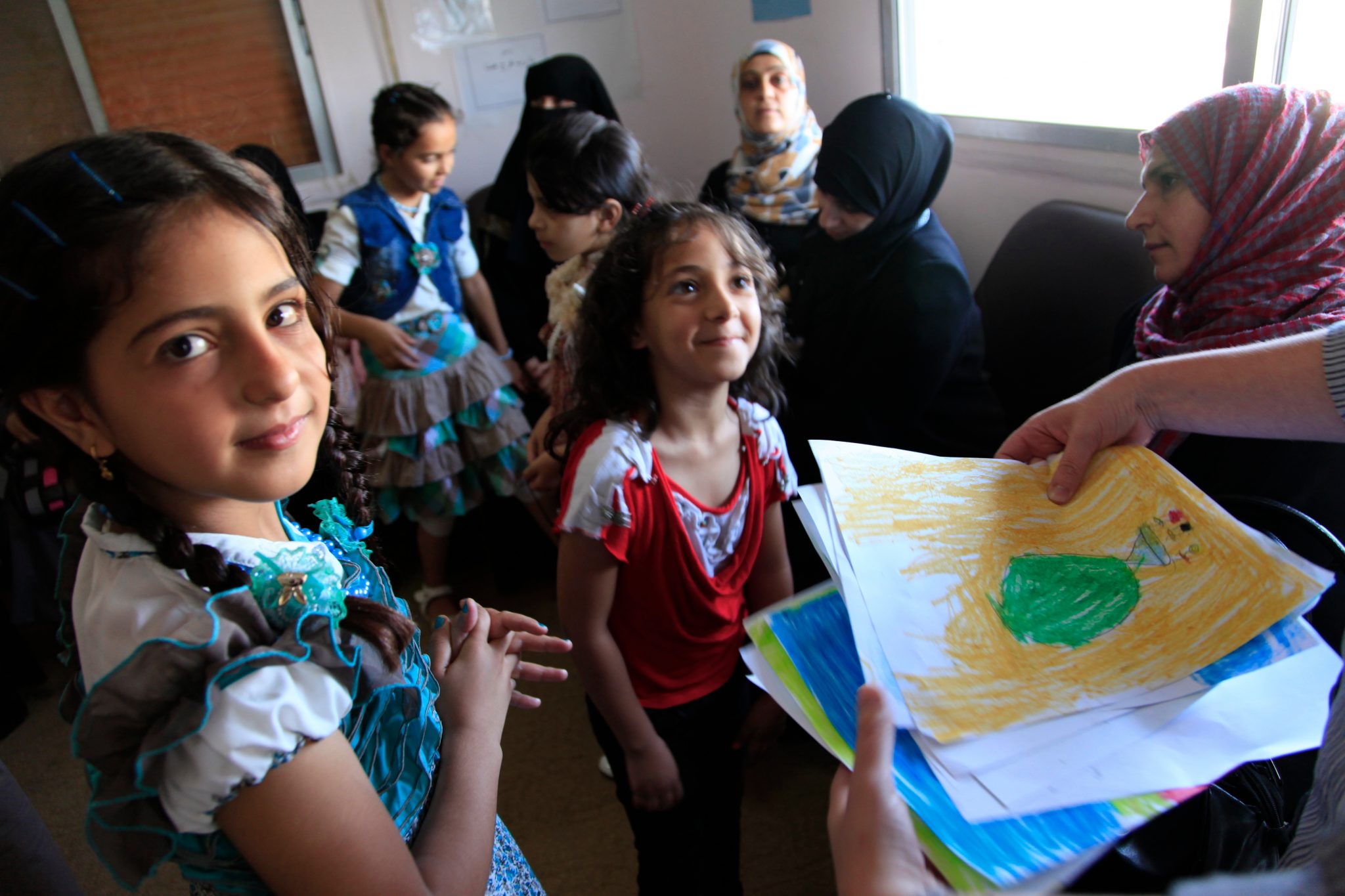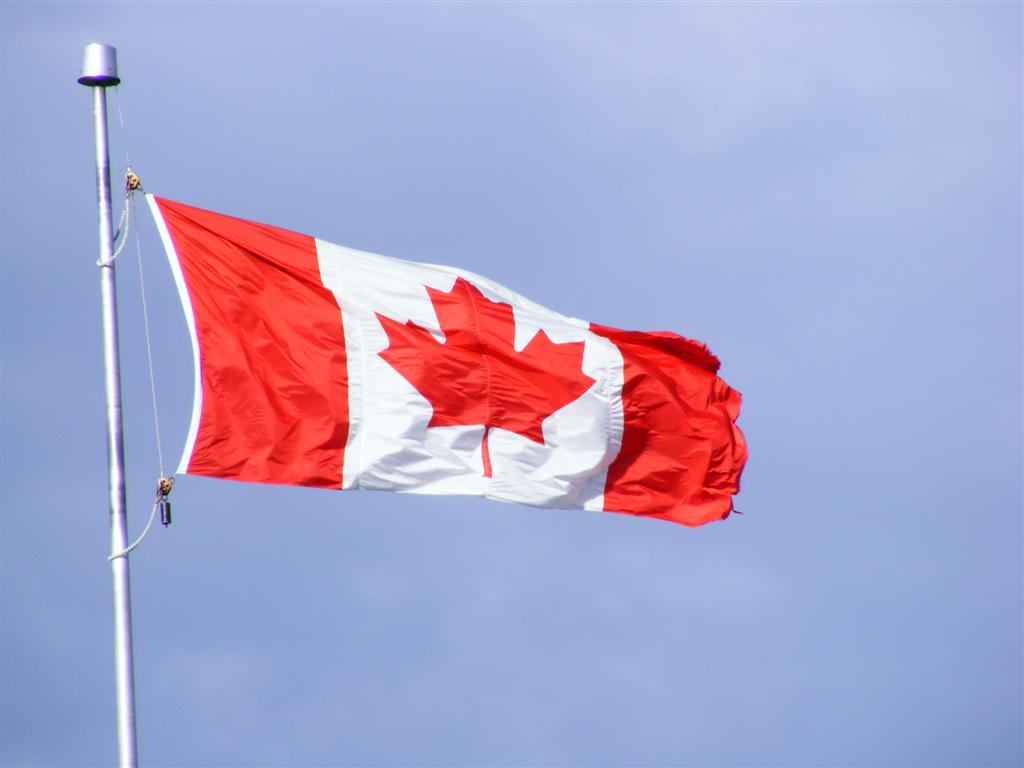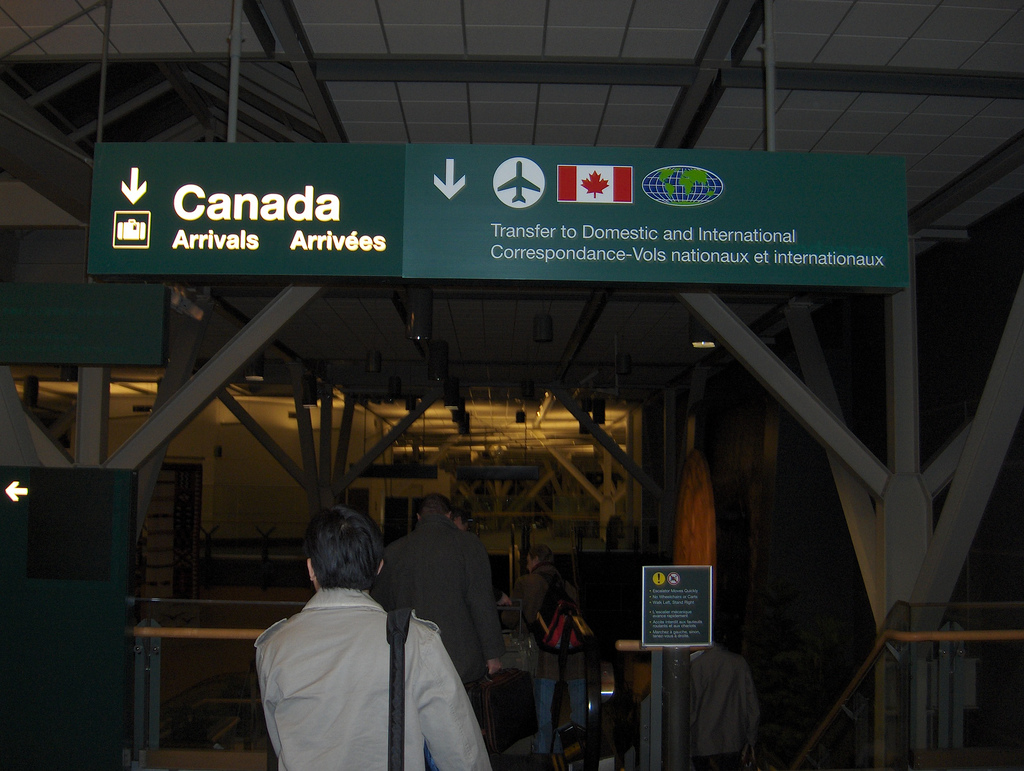Sponsoring Your Common Law Partner for Permanent Residency Through Immigration Canada
How an Immigration Lawyer in Canada Can Help
With Immigration Canada at the forefront of news following the recent arrival of Syrian immigrants, immigration lawyers in Canada are prepared to handle any and all cases that may come their way. One instance where an immigration lawyer in Canada may be able to provide their expertise is in the sponsorship of common law partners in order to obtain permanent residency through Immigration Canada.
How does Immigration Canada define a common law partnership? When an individual can provide proof that they have been living with their partner (of same or opposite sex) for at least 12 consecutive months. Providing this kind of proof is essential in the process of sponsoring your common law partner.
Here are some instances where an immigration lawyer can provide information and help you push through in your application for sponsorship of your common law partner:
You receive notification that you must submit further proof of relationship to the Government of Canada: An immigration lawyer in Canada can assist by ensuring that you provide the supporting documentation and evidence required for your common-law sponsorship application.
You receive a letter from Citizenship and Immigration Canada with concerns that you may have misrepresented a material fact that could induce in an error in their decision: An immigration lawyer can help you navigate these processes and prepare a response to overcome the allegations of misrepresentation, ensuring that your voice is heard when dealing with Immigration Canada.
You have been summoned to an appointment in person to discuss the application for permanent residency of your common law partner: an immigration lawyer will prepare you for the interview to ensure your rights are protected during this potentially stressful process.
These are just a few reasons to have an immigration lawyer in Canada on your side when dealing with Immigration Canada. In light of the recent amendments implemented to the citizenship law (making it more difficult to obtain citizenship), the assistance of an immigration lawyer on your side is essential to develop a strategy and maximize your ability to obtain your common-law partner’s citizenship.
If you have any concerns or further questions regarding sponsoring your common law partner or the process of obtaining their citizenship through Immigration Canada, do not hesitate and contact a local immigration lawyer today.
Immigration Lawyers Proud to See Refugee Progress
Support and Aid for Syrian Arrivals a Welcome Sight to Refugee Law Offices
It’s a refreshing sight for a refugee law office: the first waves of refugees from Syria are arriving in Canada, and are receiving an exceptionally warm welcome and displays of support. Canada’s new Prime Minister, Justin Trudeau, has been working hard to make good on his promise to resettle by February 25,000 Syrians fleeing the civil war that has shaken their home country and left them displaced in the world. And earlier this month, the first 163 of this 25,000 arrived at Toronto’s Pearson airport, where they were greeted by the Prime Minister himself, alongside Ontario Premier Kathleen Wynne. The 163 new arrivals were screened for health and security purposes, and then promptly issued social insurance numbers and health cards—making them fully-fledged permanent residents of Canada.
To call the speed at which this is being accomplished astounding would be an understatement. Just a very few short months ago, newcomers to Canada would often jump through endless hoops and legal red tape to try and become a permanent resident—or even just to attain refugee status. While programs existed to fast track certain applications, even with the help of an immigration lawyer, other applicants would often find themselves navigating a labyrinthine legal system that seemed to be designed to keep immigrants out of Canada. A refugee law office would see countless appeals every year to fight removals, particularly in the face of the “Designated Countries of Origin” list, which denied many claimants, including religious minorities fleeing persecution in Hungary, the right to appeal. The list was recently declared unconstitutional, which was a victory for immigration lawyers that brought with it increased power to help those fleeing unsafe conditions in their home countries.
In addition to the increased government action to aid the refugees from Syria, there’s been an outpouring of support from small towns and rural communities. While traditionally newcomers to Canada have been more likely to settle in large urban areas, and particularly in communities where there are others who share the same culture and heritage, a number of smaller communities across the country have been offering support, opening their doors, and inviting Syrian newcomers to settle in their communities. According to an article from CBC, many of these communities acknowledge that there are infrastructure-related challenges and barriers to be overcome, as well as issues of intolerance, but they are dedicated to helping in any way that they can. This positive trend—in both government action and community support regarding the Syrian refugee crisis—is a promising sign of a bright future, and this immigration lawyer hopes to see it continue.
Syrian Refugees Reluctant About Immigration to Canada
Canada Immigration Lawyers Weigh In
In Canada, immigration lawyers were pleased with the Liberal government’s promise to accept and support 25,000 Syrian refugees by 2016 in addition to the 10,000 who will be sponsored privately. While it was a step in the right direction, it’s facing a considerable problem – a large percentage of Syrian refugees seem reluctant about immigration to Canada, a country quite far away and vastly different from their own. Initial contact with Syrians by the UN in November showed that only 6.3 percent were interested in immigration to Canada. Many refugees have indicated that they would like to stay in or near the Middle East, in hopes of an impending resolution to the conflict that has inflicted the area for the past four years.
Besides wanting to be close to home, many Syrians are also afraid about what will happen when they do arrive. In particular, there are concerns about learning a new language and finding work. As Paul Clarke, executive director of Action Réfugiés Montreal said, “The decision to cross an ocean forever is obviously a major one, and not one that people necessarily want to make.”
Despite this reluctance, Immigration Minister John McCallum says he is not worried about Syrian immigration to Canada and meeting the government’s quota. “There’s about four millions refugees that we can draw on. And so if a smaller percentage wants to come, we just contact more,” he said. But while the government insists interest has grown even since November, immigration lawyers have not been given any data to back up this claim.
While the numbers likely still remain relatively low in Canada, immigration lawyers are hopeful that initial settlements will help pique interest among other refugees. According to Alexandra Kotyk, project manager for Lifeline Syria, “Once reporting gets back from a community that has been resettled here – with people reporting back that this is a good place – then they will start to want to come in bigger numbers.”
Though hesitation may certainly stall Syrian immigration in Canada, there’s still another issue at hand – where the relocations will take place. With the government still unable to pinpoint exact geographical targets, there are concerns that many refugees will opt to resettle mostly in already-big cities. However, government officials have vowed to put as much care as possible into the distribution of this mass immigration to Canada by considering factors such as whether they have family settled and/or specific health needs. Officials have also said they will individualize each city’s target.
Immigration: Canada’s Give-and-Take Relationship
Syrian Refugees Will Bring Good to the Country, Say Immigration Lawyers in Canada
Syrian refugees have touched down in Ontario, but not all Canadians are pleased with the news. As with all change, it will take some getting used to. But with new people, and new beginnings, come new opportunities. This isn’t the first time, nor will it be the last, that this will happen. With proper measures, such as the help Canadian immigration lawyers, the transition will be smoother. But let’s remember…
This Has Happened Before
After many crises, people have often been displaced from their homes, being forced to make the move to a new country. Many come as immigrants to Canada by choice. Almost two hundred years ago, the potato famine in Ireland and the Highland Clearings in Scotland sent over a million people seeking refuge in our country. Before they reached our shores, many died from sinking ships, disease, and starvation on their journey. Unfortunately, we see echoes of the same in this current crisis—but we have more power to help than ever before.
Why Syrian Refugees Are Good for Canada
Unemployment in Canada is at seven per cent. One might argue that the last thing we need is an increase in immigration to Canada. However, as the last of the baby boomers are reaching the age of retirement, the number of seniors has grown to almost a quarter of the Canadian population. Many communities are experiencing an ageing population and a low birth rate, and immigration is a great way to create equilibrium. Immigration lawyers in Canada can help relocate people to communities where they will have a chance to thrive—and everyone will benefit.
Different Cultures Bring New Innovations
The Prairies as we know them today are covered in wheat because of the Ukrainians who immigrated to Canada. A forestry school that has helped improve forestry practices was brought to the University of B.C. by Hungarian immigrants. Ten years later, more than 100,000 Vietnamese people fleeing the fall of Saigon to communist forces immigrated to Canada. The Vietnamese people’s successes are bountiful, such as nail salons run by Vietnamese women, which are a thriving business in Canada and has changed the manicure industry.
The Fear
With every wave of immigration in our country, there is a surge in anti-immigration sentiments—and each time, these ideas piggyback on international issues to justify their own existence, no matter how clearly flawed the reasoning is. Today, it’s the shadow of terrorism and extremism. But when the Hungarians came, authorities were concerned by the threat of communist agents and spies. There is always fear, but similarly, there is always hope that our compassion will prevail over our apprehension.
Immigration to Canada is what creates the unique tapestry of our nation. Taking appropriate action, involving Canadian immigration lawyers, will make this new wave of immigration prosperous—both for our new residents, and for our country.
Canada’s Plan for Resettling 25,000 Syrian Refugees
A Refugee Law Office Takes a Closer Look at Our Government’s Plan
The Canadian government has committed to welcoming 25,000 Syrian refugees, displaced by a civil war in their home country, by the end of February 2016. Citizenship and Immigration Canada has developed a process consisting of five phases, in order to quickly provide protection for these refugees, while simultaneously ensuring the safety of Canadian citizens. As of this writing, 2,393 refugee applications have been finalized, and 1,869 Syrian refugees have arrived in Canada. Here, a refugee law office takes a closer look at the five phases that the government has outlined.
Phase 1: Selecting the Syrian Refugees Who Will Come to Canada
Refugees are being selected to come to Canada in one of two ways: by private sponsorship, or the government’s program. All those selected must be Syrian nationals or stateless people living outside of Syria, and it is mandatory that they be registered as refugees with the Turkish government or the United Nations Refugee Agency (UNHCR). Government-assisted refugees will be selected in conjunction with these two parties, while private groups can select candidates according to certain required parameters.
Phase 2: Overseas Screening
All selected refugees will undergo interviews with visa officers, medical exams, and security screenings overseas. During these interviews, biographical information, fingerprints, and photos are obtained, among other information. Refugee law offices note that this information is then verified against immigration and police databases. Once this process is complete, permanent visas are issued and flight plans are made.
Phase 3: Travel to Canada
Syrian refugees will travel to Canada on private chartered planes—or military aircrafts, if needed—landing in Montreal and Toronto. The identities of each refugee will be verified by Canadian border agents before boarding, at which point they will also undergo a visual health check.
Phase 4: Arrival in Canada
Upon their arrival, all refugees will be processed by Canadian border agents for admission to Canada. This process includes another identity verification and a second health screening. Citizenship and Immigration Canada has made medical treatment available on-site in the event that any of the refugees appear to be ill.
Phase 5: Community Integration
Privately-sponsored refugees will be transported to the communities in which their sponsors live. Government-assisted refugees will be transported to one of several other communities across the country. Refugee law offices explain that these communities have been identified as having proper supports to help these refugees integrate into the community and start to build their new lives. Those who don’t yet have accommodations arranged have the option of staying at military bases.
Refugees will be provided with immediate financial assistance for essential items such as clothing, household items, and food, as well as long-term support to ensure their successful integration into Canadian society.
If you have any questions about Citizenship and Immigration Canada’s resettlement plan, contact a refugee law office today.





